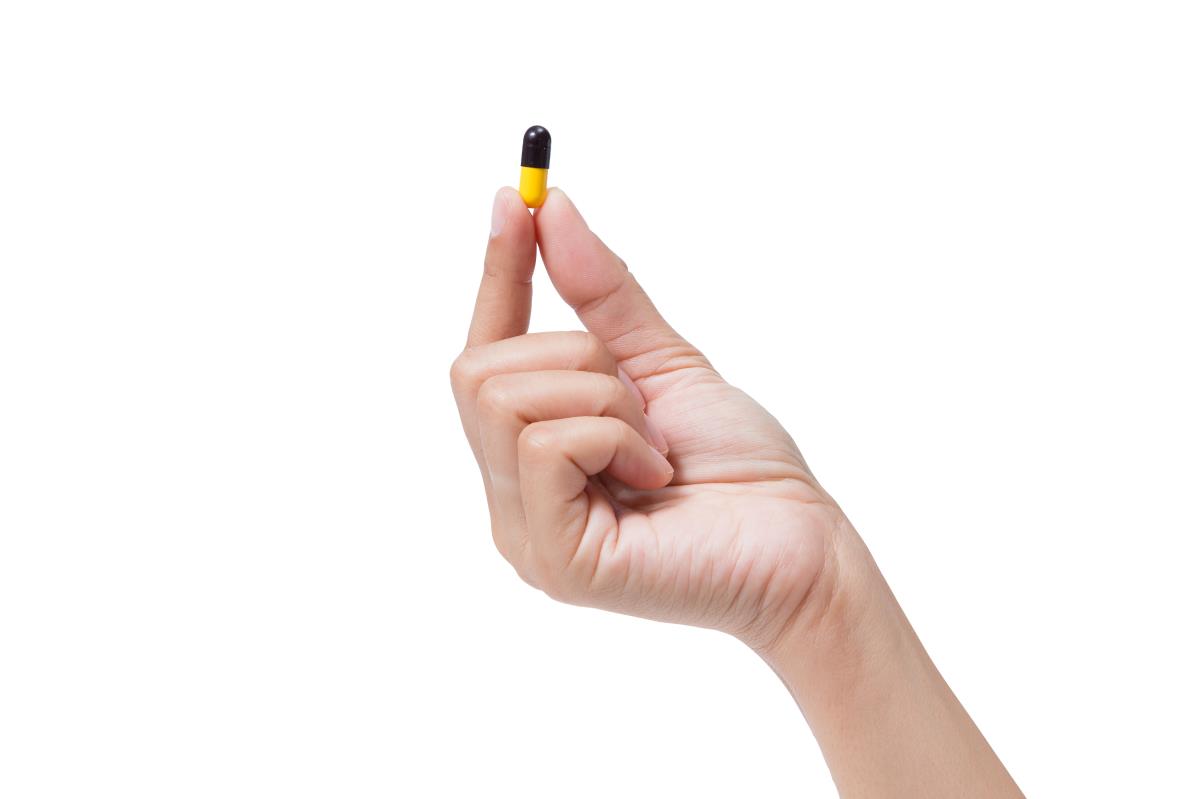
This study, published in the journal Health Psychology and Behavioral Medicine, found that some forms of affectionate behavior towards pets, like kissing or cuddling, can pose an antibiotic or antimicrobial resistance risk (AMR) to families and their animals.
“This paper is the first of its kind to explore the meaning of affectionate human-companion animal relationships and its importance in understanding the determinants of a range of AMR-related [behavior],” the researchers wrote.
Too much love will kill you
Previous studies have shown that affectionate behaviors between pet owners and their animals can lead to AMR transmission. However, these focused on discussing the nature and level of antibiotic resistance rather than the reasoning behind these affectionate behaviors.
The current study aimed to examine pet owners' perspectives on their relationship with their pets and explore the emotional and relational drivers of affectionate behaviors as a means for AMR transmission.
Researchers from the Glasgow Caledonian University (GCU), in collaboration with The Open University and Monash University, interviewed 23 British pet owners from 32 to 77 years old. They were asked about their relationship with their pets and how much they mean to them. Participants were also asked about their pet's antibiotic intake with the aim of exploring the participant's experiences and behaviors in relation to their pet's healthcare.
These participants were recruited under four strict criteria: 1) ownership of at least one companion animal, either a dog, cat or rabbit; 2) registration of the animal at a recognized veterinary practice; 3) receipt of prescribed antibiotics for their companion animal, on at least one occasion from their registered veterinarian practice; and 4) no recent companion animal bereavement.
From the results, the team identified that close contact with their pets can spread drug resistance bugs from pet to owner, or vice versa.
“This close contact could potentially put adults, children and the pets themselves at risk of transferring bugs that are resistant to antibiotics through saliva,” said lead researcher Adele Dickson, a health psychologist from the GCU. “I would also advise any open wounds be covered so there's no risk of transferring anything from skin to skin.”
Despite their findings, the researchers noted that the risk of transferring AMR is very low but the risk still remains.
Because of this, the researchers insist on making small changes in interactions with their pets to reduce the risk of AMR transmission. Here are some suggested changes that could help alleviate the problem.
- Avoid kissing pets on the mouth
- Don't allow pets to lick close to the mouth and nose
- Wash your hands after stroking or petting animals
- Let pets eat from their own food bowls rather than share eating utensils or from your bare hands
- Avoid getting extremely close to their personal space (e.g., the floor, their bedding)
While these behaviors are cherished by some pet owners, the researchers warn that they are also behaviors that enable microbe transmission between the pet and owner.
However, researchers emphasized that the overuse of antibiotics plays a bigger role in increasing antibiotic resistance. They called for an increase in the public's understanding of AMR and how it relates to both humans and pet health.
Researchers suggest that owners (who use the antibiotics) and vets (who prescribe antibiotics) should practice appropriate antibiotic stewardship. (Related: Antibiotic overuse kills thousands each year: Authorities urge people to stay home and rest when ill.)
Discover more about antibiotic use at Health.news.
Sources include:
TAndFOnline.com [PDF]
Please contact us for more information.























